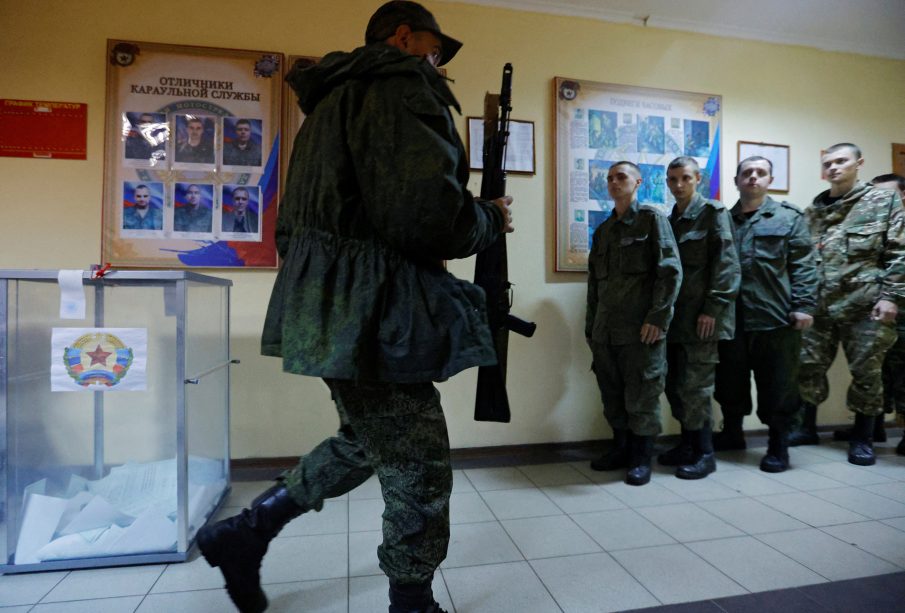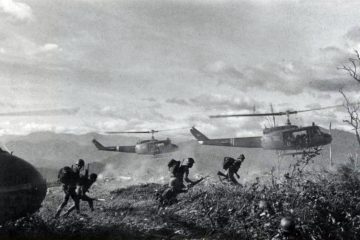Latest Developments in the Russian Ukraine Conflict

Introduction
The ongoing conflict between Russia and Ukraine has significant implications for global politics, security, and the economy. As tensions escalate and the humanitarian crisis deepens, understanding the latest events and their broader consequences is crucial for citizens and policymakers alike. The war, which began in 2014 with Russia’s annexation of Crimea, has evolved into a full-scale invasion in February 2022, leading to a tragic loss of life and widespread devastation.
Recent Developments
As of October 2023, the situation in Ukraine remains dire as Russian forces intensify their military operations in the eastern and southern regions. Ukrainian officials report that the northern city of Kharkiv faces relentless drone attacks, with the civilian infrastructure being particularly targeted. Furthermore, reports indicate that battles for control over strategic locations such as Bakhmut and Mariupol are ongoing, with both sides suffering heavy casualties.
In response to these aggressions, Ukraine has ramped up its defense efforts, receiving increased military support from Western allies. Recently, the United States announced an additional arms package worth $1 billion, which includes advanced missile systems and anti-drone technologies. This aid is critical for bolstering Ukraine’s defenses against the predominantly larger Russian military.
International Reaction
The global response to the ongoing conflict has also intensified. The European Union has imposed further sanctions on Russian energy exports, aiming to cripple the Kremlin’s ability to fund its military operations. Meanwhile, NATO continues to show solidarity with Ukraine, with member nations conducting joint military exercises in the region to deter further Russian advances.
Humanitarian organisations are raising alarms about the escalating crisis. With millions of Ukrainians displaced, aid agencies are struggling to provide necessary support while facing increasing logistical challenges due to the conflict’s spread. Reports indicate that access to basic necessities such as food and healthcare is increasingly limited in war-torn regions.
Conclusion
The Russian Ukraine conflict serves as a stark reminder of the fragility of peace in Europe and the urgent need for a concerted international response. As military confrontations continue and the humanitarian crisis deepens, it is essential for the global community to remain engaged in seeking diplomatic solutions while offering support to those affected by this tragic war. Looking ahead, the potential for escalation remains high, and the consequences of continued violence will resonate well beyond the region, affecting global stability and security.








